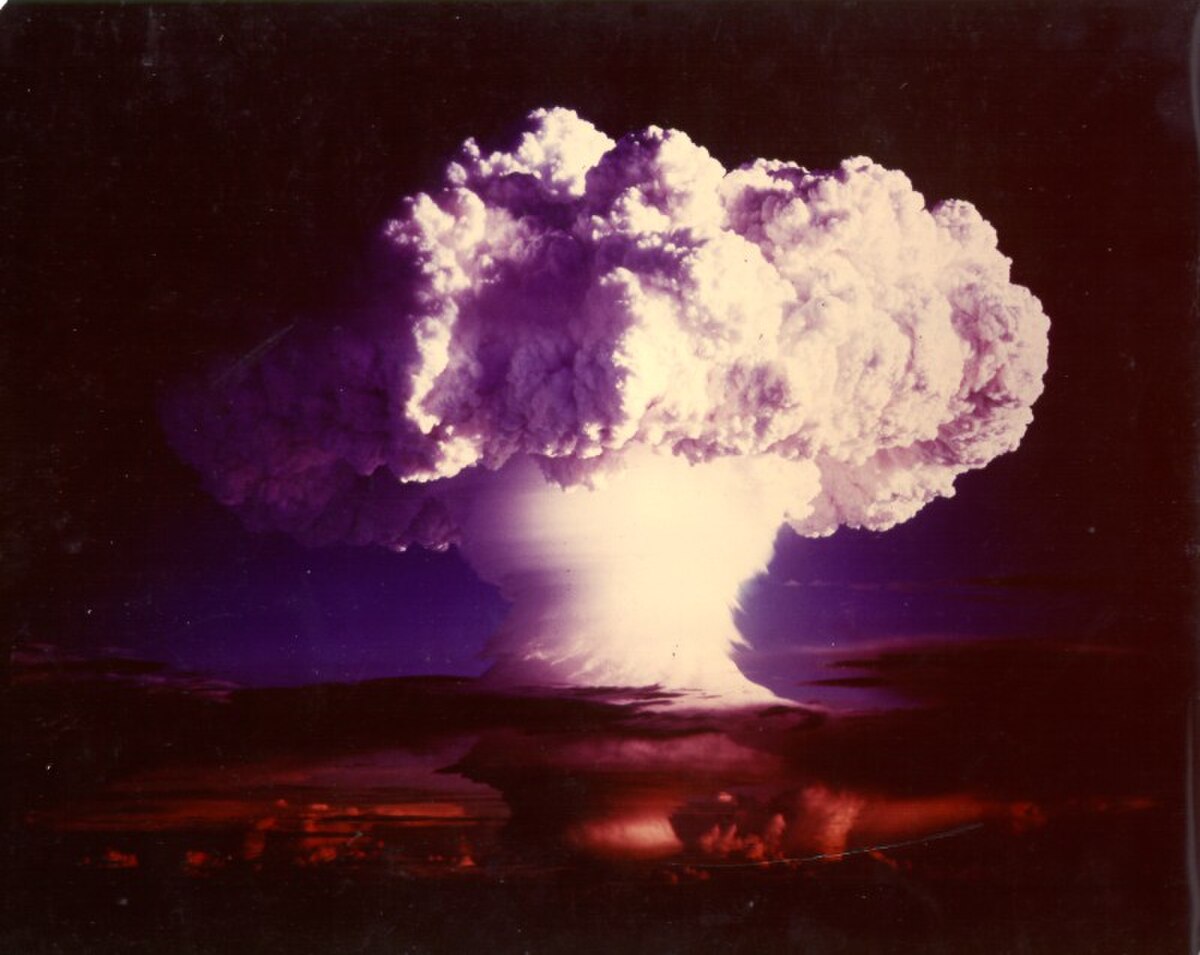Follow us on Google News (click on ☆)
In the end, the proposal to mark the era of humanity as a new geological epoch on Earth's timeline was rejected. This decision, taken despite tangible evidence of humanity's profound impact on the planet, highlights the complexity of historically marking the influence of our species.

Ivy Mike, the first hydrogen bomb
Scientists argued that since the middle of the 20th century, human activity has induced such significant changes on Earth that a new geological epoch had begun. Among the evidence cited were the dramatic increase in greenhouse gases, the proliferation of microplastics, the extinction of numerous species, and the fallout from nuclear tests. These transformations suggest a transition to the Anthropocene, following the Holocene that began 11,700 years ago with the end of the last ice age.
However, this proposal met opposition from some experts, who argued that humanity's impact on the planet had begun well before the 1950s, starting with the advent of agriculture and the industrial era. Consequently, the International Union of Geological Sciences rejected the proposal through a vote, with a result of four in favor, twelve against, and three abstentions.
This refusal is seen by some as a missed opportunity to officially recognize that our planet left its natural operational state in the middle of the 20th century. Despite the rejection of the Anthropocene as a formal epoch, the term remains a valuable description of human impact on the Earth system.
The investigation initiated in 2009 had gathered an abundance of evidence, including traces of radioactive materials in lake sediments, the global upheaval of flora and fauna, as well as the omnipresence of "forever chemicals."
This episode highlights the challenges inherent in defining geological epochs, especially when human impact is involved. It also underscores the need to continue studying and understanding the profound consequences of our actions on the planet.